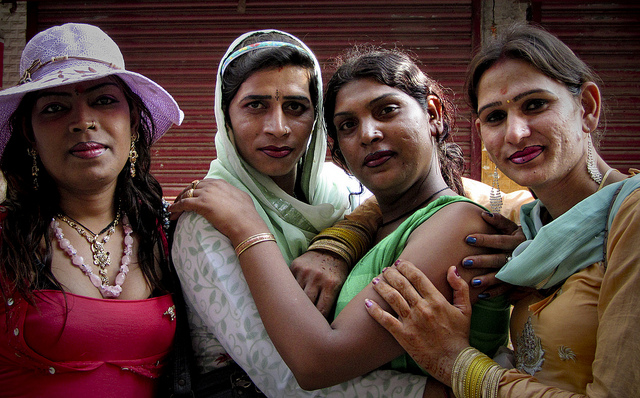Members of transgender community are amongst the most marginalized in India.
The government in a southern state of India have pledged financial assistance for members of the transgender community seeking gender confirmation surgeries.
Transgender rights activists have welcomed the move, and urged the Indian government to ‘learn a lesson’ from Kerala, Reuters reported.
The authorities in Kerala, a wealthy state on India’s south-west coast, said local hijras would be able to claim 200,000 rupees ($3000) to help fund surgery.
Jaffar Malik, director of the state’s social justice department, said ‘If more money is required, it will be made available.
Transgender rights activist, Maya Urmi Aher, praised the move. ‘Being a community that is so stigmatized and discriminated against, most do not have an education or jobs, meaning they do not have much money,’ she said.
Chronic abuse and discrimination in India
India’s government estimates there are around 25,000 transgender people in Kerala. It was also understood that 80 percent of them would choose to undergo gender confirmation surgery, but are unable to due to financial constraints.
It is estimated that India’s transgender population is over two million people, who are also often known as hijras.
There have been increasing rights and recognition of India’s hijras.
India’s supreme court gave legal status to a third gender in 2014, allowing India’s transgender community the option to have a third gender on ID cards and tax forms, to marry and inherit property.
Last month, the authorities in Kerala announced that colleges and universities would have to allot two additional seats for transgender students.
However, India’s transgender community still face widespread social stigma and chronic discrimination. Many still live on the margins of Indian society.
Hijras are often the victims of abuse from both the public and the authorities, and struggle to find jobs. They often resort to sex work to support themselves. Without sufficient support, they are left vulnerable to abuse and health risks like contracting HIV.







